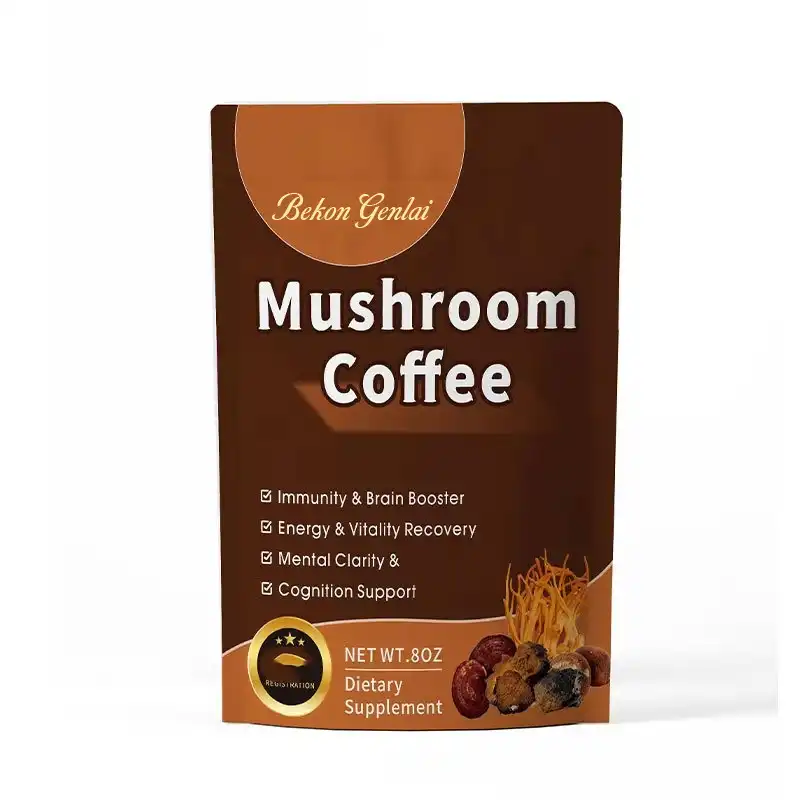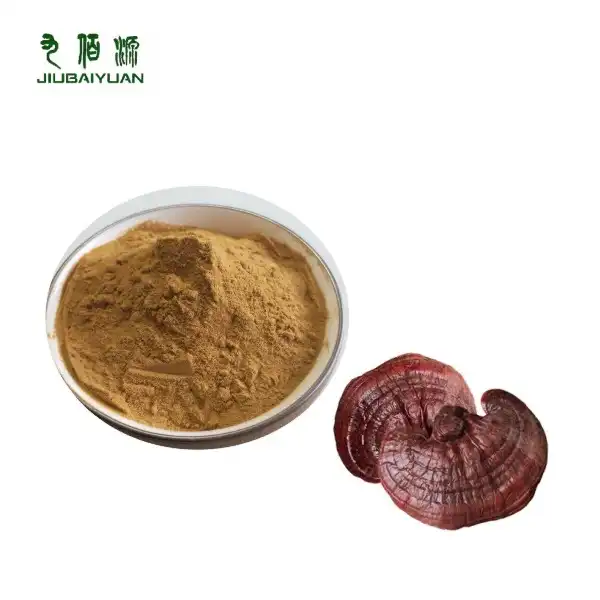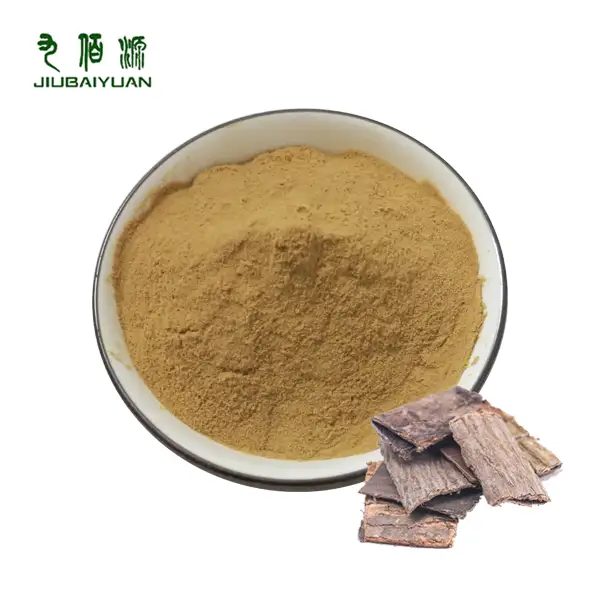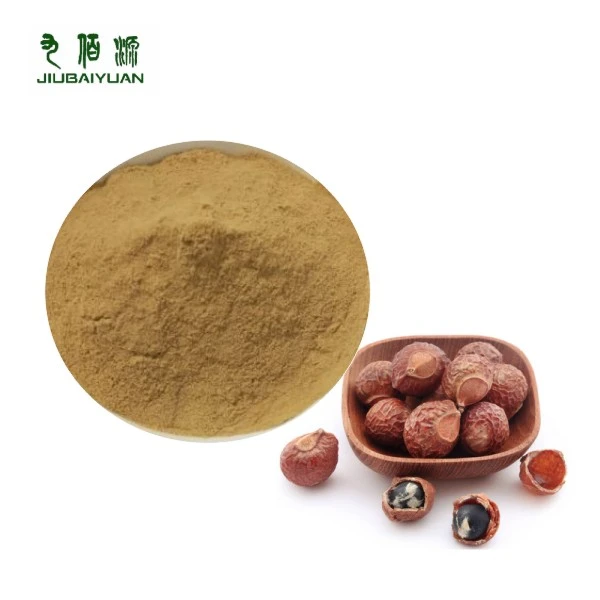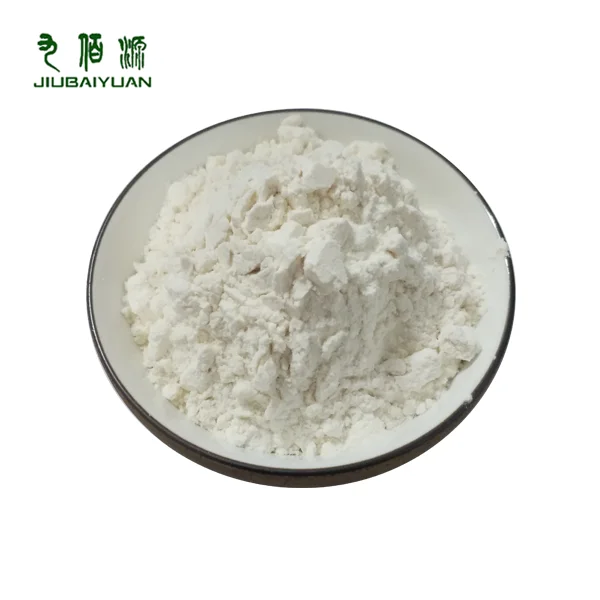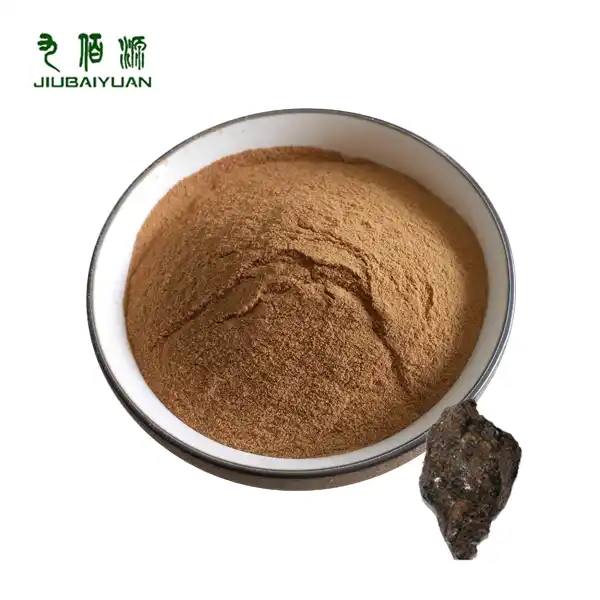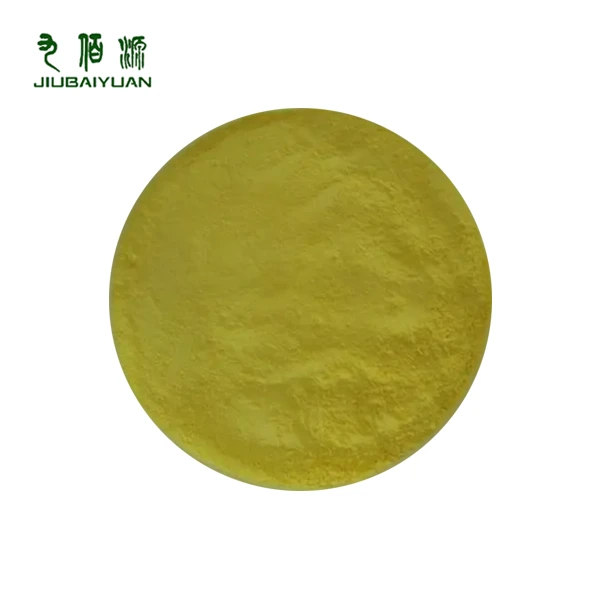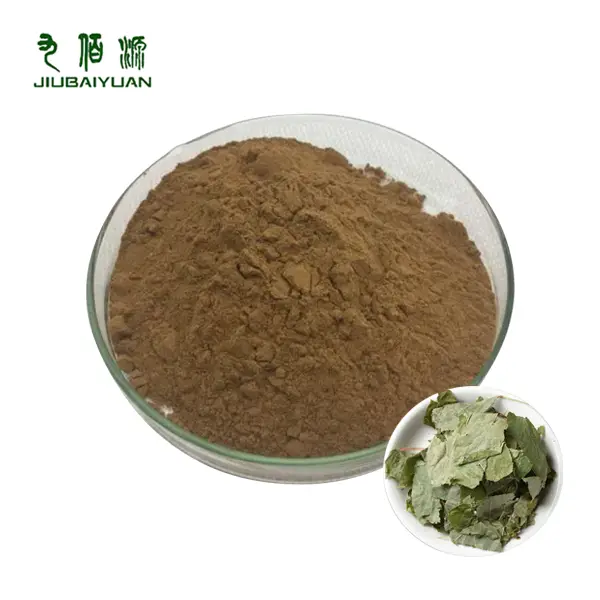Benefits of Kaempferol Powder for Health
Kaempferol powder has been gaining attention in the health and wellness community for its potential to offer numerous health benefits. This powerful flavonoid, found naturally in various fruits, vegetables, and herbs, is now available in a convenient powder form. In this comprehensive guide, we'll explore the remarkable properties of kaempferol powder and how it can contribute to your overall wellbeing.
Top Antioxidant Properties of Kaempferol
Kaempferol is renowned for its potent antioxidant capabilities. These properties play a crucial role in protecting our bodies from harmful free radicals, which are unstable molecules that can damage cells and contribute to various health issues. The antioxidant prowess of kaempferol powder stems from its ability to neutralize these free radicals effectively. By doing so, it helps mitigate oxidative stress, a condition linked to numerous chronic diseases and accelerated aging.
Studies suggest that kaempferol may exhibit stronger antioxidant properties than other popular antioxidants, such as vitamins C and E, in specific situations. As a result, kaempferol powder becomes an excellent supplement for those focused on maintaining their health, offering potential benefits beyond traditional antioxidants. Adding it to a daily routine can support overall well-being and provide additional protection against oxidative stress.
Moreover, kaempferol's antioxidant properties extend beyond simply neutralizing free radicals. Studies suggest it may also enhance the body's natural antioxidant defenses by stimulating the production of enzymes like superoxide dismutase and catalase. These enzymes act as the body's own antioxidant system, providing an additional layer of protection against oxidative damage.
The implications of kaempferol's antioxidant properties are far-reaching. From supporting skin health by combating UV-induced damage to potentially protecting against neurodegenerative diseases by reducing oxidative stress in the brain, the benefits are diverse and significant.
Kaempferol's Role in Reducing Inflammation
Inflammation is a natural response of the body's immune system to injury or infection. However, when inflammation becomes chronic, it can contribute to various health problems. Kaempferol powder has demonstrated remarkable anti-inflammatory properties, making it a promising natural remedy for managing inflammation-related conditions. The anti-inflammatory effects of kaempferol are attributed to its ability to modulate various inflammatory pathways in the body. It has been shown to inhibit the production of pro-inflammatory cytokines, molecules that play a key role in the inflammatory process.
Furthermore, kaempferol has been observed to suppress the activity of enzymes like cyclooxygenase-2 (COX-2) and inducible nitric oxide synthase (iNOS), which are involved in the inflammatory response. By targeting these pathways, kaempferol powder may help alleviate inflammation and its associated symptoms. The potential applications of kaempferol's anti-inflammatory properties are vast. From potentially aiding in the management of arthritis and other inflammatory joint conditions to possibly reducing the risk of certain cancers associated with chronic inflammation, the benefits are compelling.
It's worth noting that while acute inflammation is a necessary and beneficial process for healing, chronic inflammation can be detrimental to health. Kaempferol's ability to modulate inflammation without completely suppressing it makes it a particularly interesting compound for long-term health maintenance.
How Kaempferol Supports Heart Health?
Heart health is a critical aspect of overall wellbeing, and kaempferol powder shows promise in supporting cardiovascular function through various mechanisms. The heart-protective effects of kaempferol are multifaceted, addressing several risk factors associated with cardiovascular disease. One of the primary ways kaempferol supports heart health is through its potential to improve lipid profiles. Studies have suggested that kaempferol may help reduce levels of LDL (bad) cholesterol while increasing HDL (good) cholesterol. This balance is crucial for maintaining healthy arteries and reducing the risk of atherosclerosis.
Additionally, kaempferol has been shown to possess vasorelaxant properties, meaning it can help relax blood vessels. This effect may contribute to better blood flow and potentially lower blood pressure, two key factors in cardiovascular health. The antioxidant properties of kaempferol also play a role in heart health by protecting the cardiovascular system from oxidative stress. Oxidative damage to blood vessels and heart tissue is a significant contributor to heart disease, and kaempferol's ability to combat this damage makes it a valuable ally in heart health maintenance.
Furthermore, kaempferol's anti-inflammatory effects, as discussed earlier, may also benefit heart health. Chronic inflammation is increasingly recognized as a risk factor for cardiovascular disease, and by helping to manage inflammation, kaempferol may indirectly support heart health. It's important to note that while these potential benefits are promising, kaempferol powder should be considered as part of a comprehensive approach to heart health that includes a balanced diet, regular exercise, and other healthy lifestyle choices.
Conclusion
Kaempferol powder offers a wealth of potential health benefits, from its potent antioxidant properties to its anti-inflammatory effects and heart health support. As research continues to uncover the full spectrum of kaempferol's benefits, it's clear that this flavonoid holds significant promise for those looking to enhance their overall health and wellbeing.
While the benefits of kaempferol are exciting, it's always advisable to consult with a healthcare professional before adding any new supplement to your regimen. They can provide personalized advice based on your individual health needs and circumstances. If you're interested in learning more about kaempferol powder or other plant-based extracts, don't hesitate to reach out to us at emily@jiubaiyuanbiotech.com. Our team of experts is always ready to answer your questions and provide you with high-quality, scientifically-backed products to support your health journey.
References
1. Chen, A. Y., & Chen, Y. C. (2013). A review of the dietary flavonoid, kaempferol on human health and cancer chemoprevention. Food Chemistry, 138(4), 2099-2107.
2. Calderón-Montaño, J. M., Burgos-Morón, E., Pérez-Guerrero, C., & López-Lázaro, M. (2011). A review on the dietary flavonoid kaempferol. Mini Reviews in Medicinal Chemistry, 11(4), 298-344.
3. Devi, K. P., Malar, D. S., Nabavi, S. F., Sureda, A., Xiao, J., Nabavi, S. M., & Daglia, M. (2015). Kaempferol and inflammation: From chemistry to medicine. Pharmacological Research, 99, 1-10.
4. Imran, M., Salehi, B., Sharifi-Rad, J., Aslam Gondal, T., Saeed, F., Imran, A., ... & Estevinho, L. M. (2019). Kaempferol: A key emphasis to its anticancer potential. Molecules, 24(12), 2277.
5. Xu, T., Li, D., & Jiang, D. (2012). Targeting cell signaling and apoptotic pathways by luteolin: cardioprotective role in rat cardiomyocytes following ischemia/reperfusion. Nutrients, 4(12), 2008-2019.
